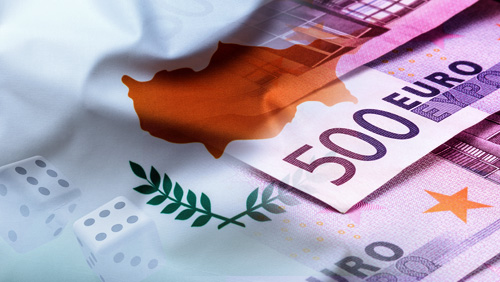This is a guest contribution by Lenny Borodin, iGaming and Licensing Executive at Prospectacy LTD. If you would like to submit a contribution please contact Bill Beatty for submission details. Thank you.
Anyone who has been to Cyprus must have noticed gambling runs deep in Cypriot DNA. Any sizeable town’s arterial street could easily have two betting shops in as many blocks. Bingo and keno parlors are also very popular, with halls getting packed to capacity on weekend nights. In the offseason, when tourist crowds subside, those places are some of the most visited establishments in otherwise seemingly deserted resort cities.
It is only logical that in 21st century this phenomenon has to extend online. And this would seem as even more natural extension with Cyprus being a prominent hub to online Forex operators. On a grassroots level, it is a certain fact that many Cypriots choose to gamble on the Internet. Yet authorities did not take any action in regards to online provisions of The 2012 Betting Law for over 4 years. Anyone following events on the island is aware of its divided status and challenges following economic downturn that could help explain the delay. Finally, well into 2016, National Betting Authority announced October 3rd as the date when they start to accept the applications for first online sports betting licenses.
One would assume that given the population size, regulator would set out some lenient entry conditions. But Cyprus legislators thought otherwise and came up with rather heavy capital requirements. Potential applicants would have to ante up hefty Euro 500,000 in paid up capital and consequently produce a Euro 550,000 bank guarantee for application to be accepted. On top of that comes Euro 30,000 license fee for 1-year license or Euro 45,000 for 2-year license. Taxes are not exactly featherweight either with combined rate of 13% of Net Proceeds from bets. This rate consists of 10% gaming tax proper and 3% contribution to Authority. 2% of contribution would be redistributed among Cyprus Sport Federations. Remaining 1% would go towards Programs for protection of underage and problem gamblers.
